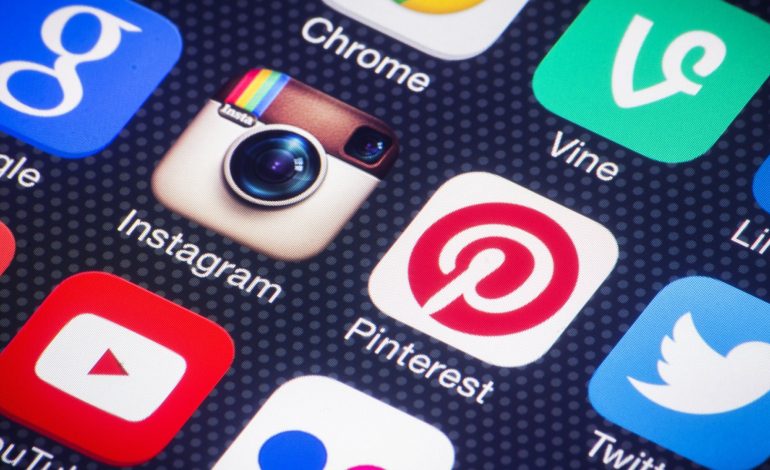Many activities are happening online, and you may be wondering how to protect your digital identity. Performing due diligence like using strong passwords, freezing your credit, and turning on encryption can help you stay protected.
Businesses use tools to help verify information and monitor credit card and bank notifications. Such measures are important because cyber criminals steal and use personal information for financial gains. Such theft continues to increase with statistics showing 1.4 million reported cases of identity theft.
Some minors may also use age fabrication tactics to access age-restricted products like alcohol, intoxicating substances, tobacco, or films. Identifying age fabrication issues where minors deliberately misrepresent their age to access social media platforms or other websites can help monitor online activities.
Identity protection and age verification measures help businesses, customers, and employees spot information leaks, minimize damage and protect underage children.
Here are a few tips you can use to stay protected on digital platforms.
- Encrypt your Internet Connection
Ensure your internet connection is encrypted to prevent cybercriminals from accessing your personal information. Hackers target information like your login details, credit card or bank information to carry out criminal activities.
Access only encrypted websites. An encrypted website has a little lock icon on the address bar. That lock shows that the website uses encryption, meaning it is a secure site.
A VPN (Virtual Private Network) is another additional security that helps to add protection to your Wi-Fi. It ensures internet traffic is encrypted and safe.
- Freeze Credit Files
Freezing your credit makes it impossible for anyone to check your credit reports or request them. It becomes impossible to perform activities like opening a new account, applying for a loan, or getting another credit card.
Freezing your account will not affect your credit score. Contact the three credit bureaus, Experian, Transunion, and Equifax and they will provide an option for freezing accounts.
- Use Age Verification Services
Implement a trusted software that provides an age verification service. Such software helps businesses in different fields like online gaming, age-restricted content providers, and retail ecommerce to verify the age of their users/customers.
For example, tobacco sellers, cannabis retailers, or casino owners can ensure they sell their products to age-appropriate customers. The right age verification tool will help provide a customized solution for your IT environment, user experience, and workflow.
- Create Strong Passwords for User Accounts
Image by pixabay.com
Secure user accounts with strong passwords. Encourage employees to create different passwords for different accounts.
Each password should be at least 15 characters long to make it harder for hackers to crack. Passwords should also be unique. Avoid using obvious information like your date of birth or name.
- Install Antivirus
Antivirus protects your computers, tablets, and smartphones. It scans, detects, and neutralizes malware.
An updated antivirus protects your personal information from criminals who use malware to access sensitive data. Keeping the latest version of your antivirus and making sure it updates automatically will protect your devices.
- Enable 2-Factor Authentication on Accounts
Reinforce account security with 2-factor authentication (2FA). Even if your password is compromised, using a 2FA adds extra security that ensures personal information is not accessible to unauthorized users and cybercriminals.
Enable 2FA for your email and social media accounts to protect credit card information and bank details. A 2FA requires two identifiers before unlocking an account.
The identifiers can be a password, smartphones, or biometrics like fingerprints. For example, if you log into your account an access code is sent to your phone to verify it is an authorized access. You must use the code to access your account.
- Erase All Personal Data in Digital Devices
Before donating or selling your digital devices, ensure you erase all your personal information. Overwrite all the data using any software and make sure you transfer all personal information to a new device.
Completely erasing data ensures the information you deleted from your computer, tablet, or smartphone cannot be recovered using recovery softwares. This means malicious individuals cannot access and use deleted data.
- Update Software Regularly
Make sure you update your software regularly. This is because hackers look for ways to exploit vulnerabilities in old software. Old software might have loopholes and might not be able to prevent access to sensitive information like credit cards or social security numbers.
New software updates offer stronger security for your entire system. An auto-update from a legitimate software provider will help prevent hackers from accessing important information.
- Ensure Your Social Security Number (SSN) is Safe
Avoid using your SSN as your password or sharing it on your digital devices. A social security number is a key to personal and sensitive data. Criminals can use SSN to access your bank account, driving records, credit cards, or employment details.
Store your social security card in a secure place and avoid carrying it with you everywhere. Also, shred any paperwork that contains your SSN.
- Be Aware of Spoofing or Phishing Activities
Cybercriminals can make phone calls or write emails and trick you into providing sensitive information. They can pretend to be government/bank officials or a known entity trying to help.
Before providing any information or responding to such suspicious emails and phone calls, verify the source. Check the official website and/or contact your bank/government officers, and don’t be quick to respond to such emails or return calls.
It is also important to be careful when opening emails. Some emails might have attachments that can spread malware in your device and steal your data.
- Use Digital Wallets
Image by pixabay.com
Digital wallets are great for making online payments. They use encryption to secure transactions. Encryption makes it difficult for hackers to access sensitive data.
Digital wallets keep your credit card details safe, and you can use them to shop online securely. They are also fast and provide a seamless experience for online payments.
Key Takeaway
Every online action has a chance to compromise your personal data, whether you’re sending an email, logging in to your bank account, or posting content on social media. It’s essential to be able to identify fraud and verify information online before proceeding with your activities.
The good news is that the right tools and safety measures can help keep personal information safe. They safeguard businesses, employees, and children from attackers and prevent minors from accessing age-specific content. Making online activities secure provides peace of mind for all online users. It saves time and money that might be spent on data recovery and other remedial processes.


